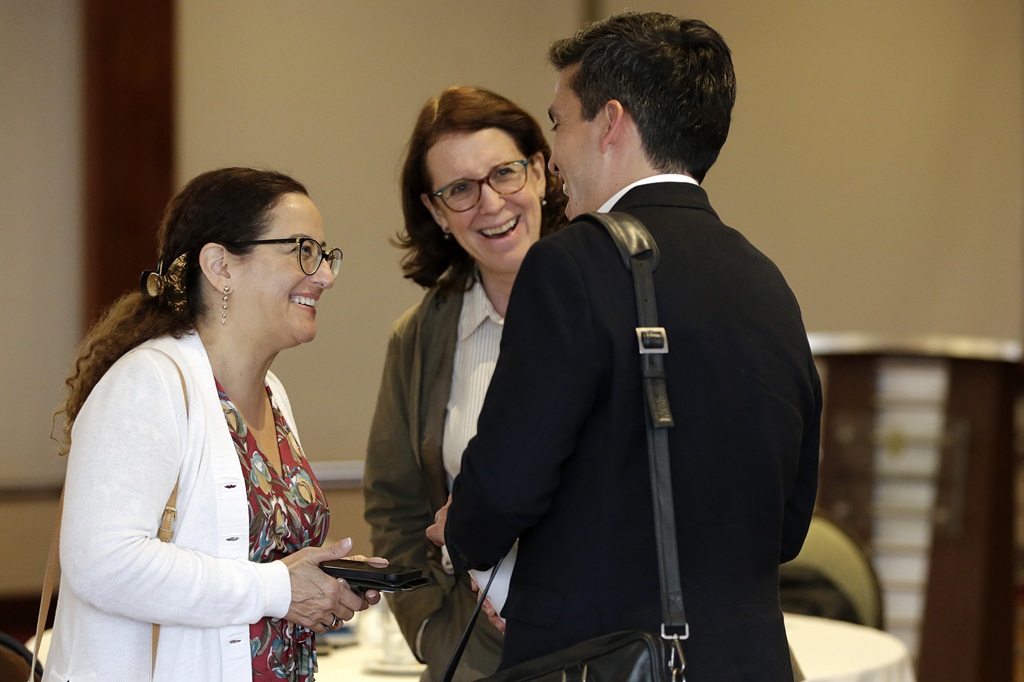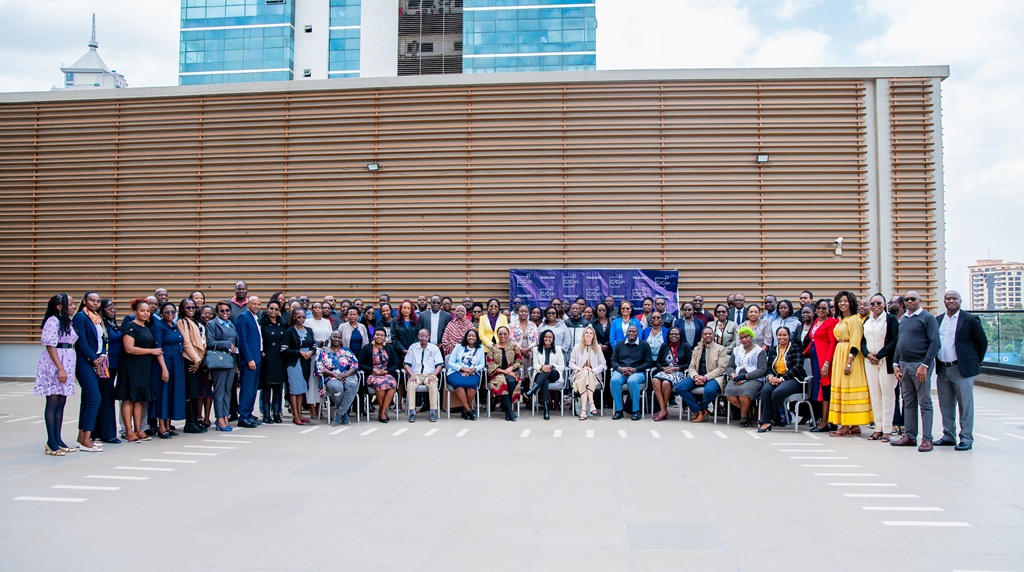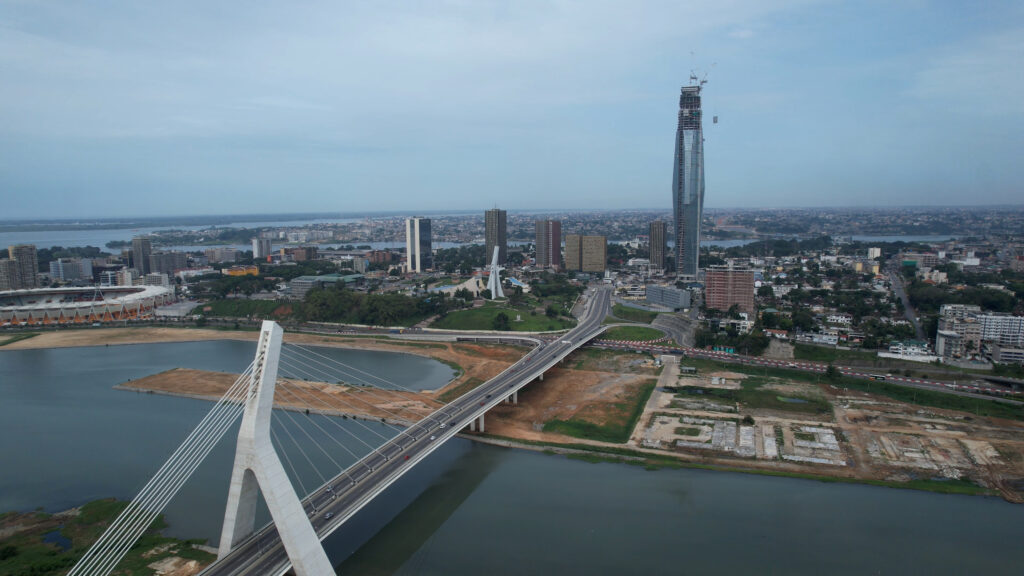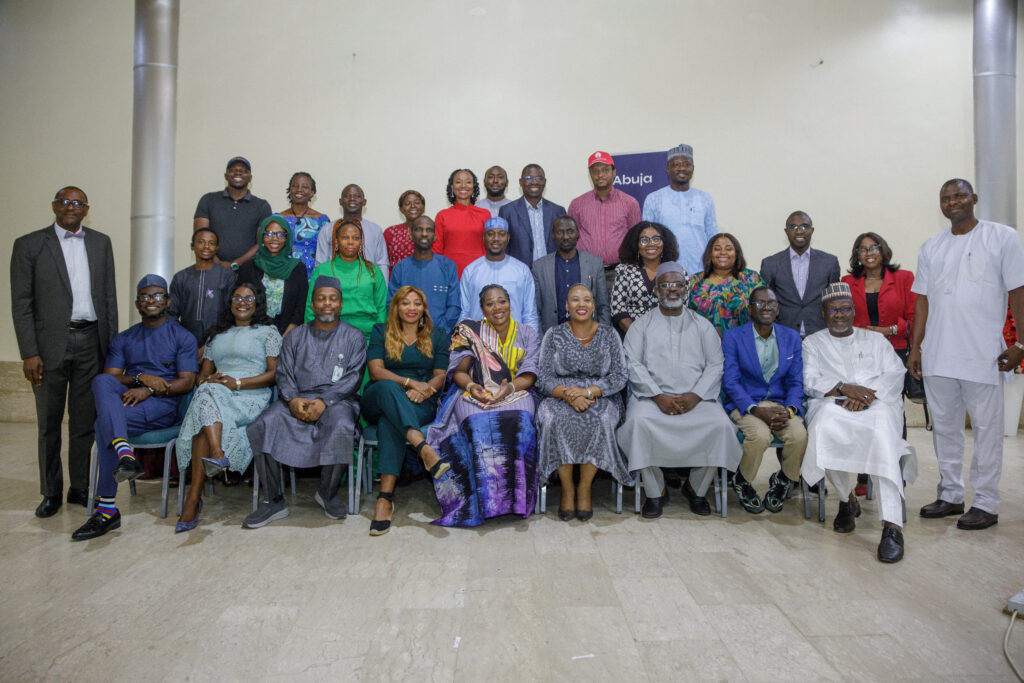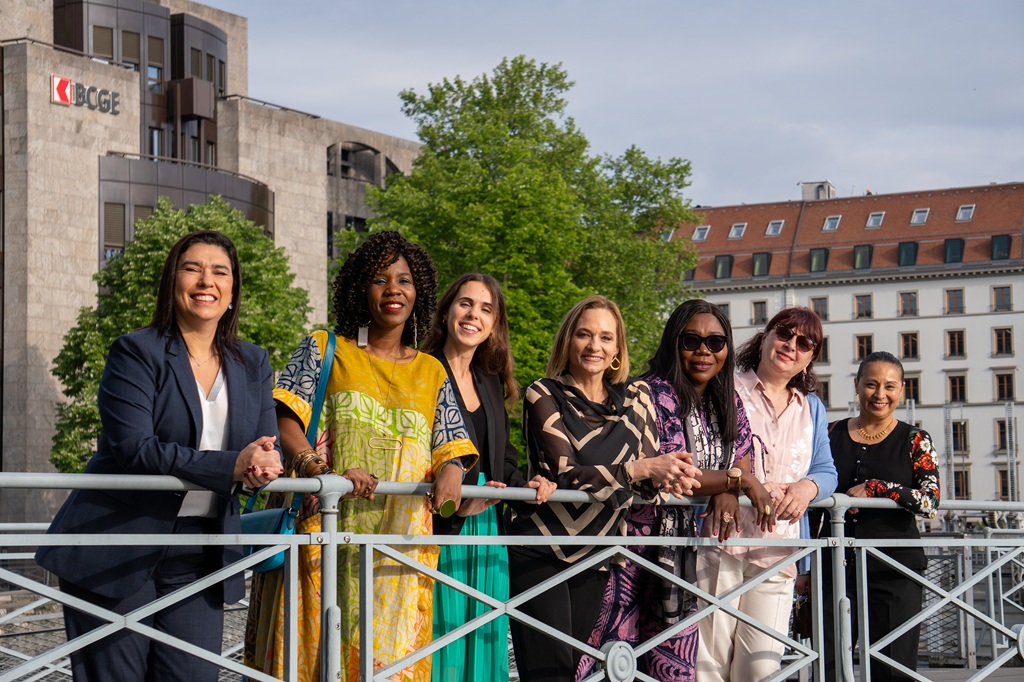
Responding to the changing needs of cancer patients
As the COVID-19 virus spreads around the world and cities continue to grapple with long-standing health challenges such as cancer and other NCDs, civil society organisations are playing an increasingly relevant role, and one that will remain vital beyond the current crisis.
Despite unprecedented challenges, civil society organisations such as cancer societies, patient groups and professional associations are adapting rapidly and continuing to provide much-needed support for cancer patients and their families, including translation and dissemination of the latest information on COVID-19 and cancer care, counselling and psychosocial support.
For example, organisations like the Georgian branch of Europa Donna, a coalition that works to raise awareness of breast cancer, are helping to ensure that the needs of cancer patients, their families and carers are voiced, recognised and addressed.
“The pandemic has put cancer patients at higher risk in Georgia. In response, we have been supporting patients and their families by increasing our fundraising efforts and providing accurate and reliable information to cancer patients, their families, and caregivers,” explains Anna Mazanishvili, President of Europa Donna Georgia.
Ekaterine Sanikidze, of the Georgian Patient Union, adds:
“We have been assessing and keeping track of the challenges caused by the pandemic. In response, we have been providing information and monitoring the implementation of changes tailored to the needs of patients and their families.”
Long-term sustainability
As well as being driving forces in the early stages of the C/Can process, civil society organisations are also emerging as key partners in ensuring the sustainability of projects to improve cancer care and in supporting the monitoring and evaluation of their respective outcomes as part of efforts to develop a strong evidence base for local cancer care solutions. At the same time, they are working closely to unite and motivate local stakeholders to support efforts to improve access to quality cancer care through the C/Can process.
Embedding civil society into the C/Can process is vital to ensuring that the right local stakeholders are engaged, that a strong linkage to the local community is maintained, and that any solutions developed reflect the needs of people and their communities affected by cancer.
“The participation of people affected by cancer is embedded in our process, ensuring we respond to the needs of those most affected,” explains Rebecca Morton Doherty, C/Can’s Head of Policy and Global Impact.
In the Colombian city of Cali, ProPacifico, a non-governmental organisation with a track record of successful collaboration with the government and private sector, is responsible for continuing the implementation of C/Can projects and integrating them within local government priorities while maintaining engagement with multi-sectoral stakeholders.
“More than 4,500 patients annually will benefit from this alliance, which offers a unique opportunity for Cali and the Valle del Cauca region to continue working collaboratively for the benefit of all people and their families affected by cancer,” explains María Isabel Ulloa, ProPacifico’s Executive Director.
In Greater Petaling, Malaysia, a new collaboration between two organisations, the National Cancer Society of Malaysia and the University of Malaya, was the driving force behind the city’s application to join C/Can, and both have been central in mobilising support and engagement from other key stakeholders, including the state government.
“Together we hope to streamline the parallel public and private health systems already in place in Greater Petaling to provide better solutions in terms of early diagnosis and treatment, which will finally result in better patient outcomes,” says Professor Dr Nur Aishah Taib, Director, of the UM Cancer Research Institute.
Looking beyond COVID-19: building city readiness to improve access to quality cancer care
In the lead-up to its global call for applications to join its network in October, C/Can invites all stakeholders, including local government, civil society organisations, industry partners, medical practitioners, patients’ associations and individuals to use a detailed checklist to gauge their city’s eligibility and readiness to take on the City Cancer Challenge.
The checklist can be used to identify areas that may need to be strengthened before considering an application and provides links to resources that are available to help address these areas. One of the main criteria in the selection of cities is the presence of a robust and coordinated civil society community.
For example:
- Is there a civil society organisation with the capacity to take a lead role in the C/Can process?
- Is there evidence of collaboration between civil society organisations for improvement of cancer treatment and care in the city?
- Is there evidence of collaboration between the government (city/regional/national) and civil society to improve cancer treatment and care in the city?
- Are civil society organisations well represented in cancer control planning processes?
If you want to learn more about C/Can’s next call for applications and other eligibility criteria for cities, please download the checklist from here and visit The City of Tomorrow website.
